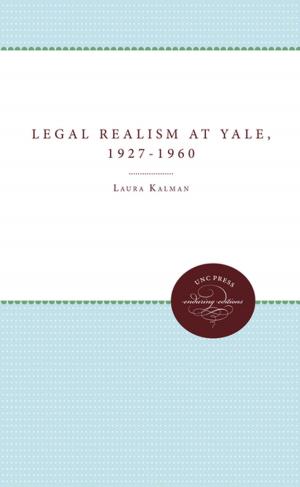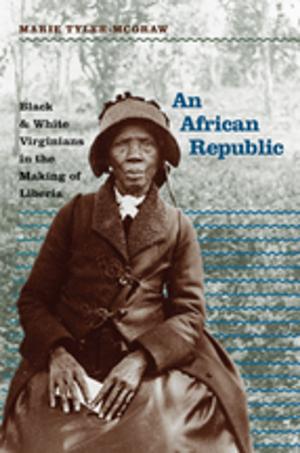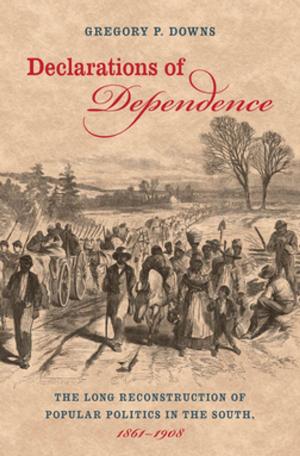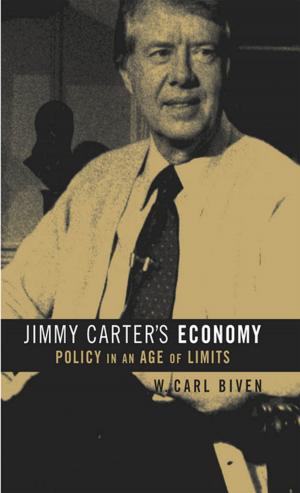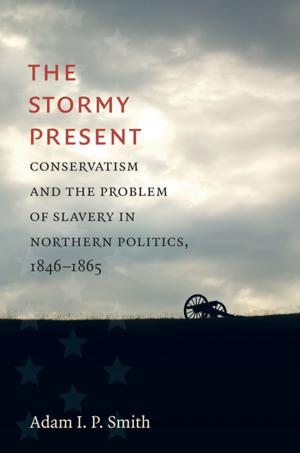| Author: | ISBN: | 9780807866481 | |
| Publisher: | The University of North Carolina Press | Publication: | November 9, 2000 |
| Imprint: | The University of North Carolina Press | Language: | English |
| Author: | |
| ISBN: | 9780807866481 |
| Publisher: | The University of North Carolina Press |
| Publication: | November 9, 2000 |
| Imprint: | The University of North Carolina Press |
| Language: | English |
North Carolina's Paul Green (1894-1981) was part of that remarkable generation of writers who first brought southern writing to the attention of the world. Winner of a Pulitzer Prize for Drama in 1927, Green was a restless experimenter who pioneered a new form of theater with his "symphonic drama," The Lost Colony. A concern for human rights characterized both his life and his writing, and his steady advocacy for educational and social reform and racial justice contributed in fundamental ways to the emerging New South in the first half of this century.
A Paul Green Reader makes available once again the work of this powerful and engaging writer. It features Green's drama and fiction, with texts of three plays--including the Pulitzer Prize-winning In Abraham's Bosom and the famous second act of The Lost Colony--and six short stories. It also reveals the life behind the work through several of Green's essays and letters and an excerpt from The Wordbook, his collection of regional folklore. Laurence Avery's introduction outlines Green's life and examines the central concerns and techniques of his work.
A native of Harnett County, North Carolina, Paul Green was a devoted teacher of philosophy and drama at the University of North Carolina at Chapel Hill.
North Carolina's Paul Green (1894-1981) was part of that remarkable generation of writers who first brought southern writing to the attention of the world. Winner of a Pulitzer Prize for Drama in 1927, Green was a restless experimenter who pioneered a new form of theater with his "symphonic drama," The Lost Colony. A concern for human rights characterized both his life and his writing, and his steady advocacy for educational and social reform and racial justice contributed in fundamental ways to the emerging New South in the first half of this century.
A Paul Green Reader makes available once again the work of this powerful and engaging writer. It features Green's drama and fiction, with texts of three plays--including the Pulitzer Prize-winning In Abraham's Bosom and the famous second act of The Lost Colony--and six short stories. It also reveals the life behind the work through several of Green's essays and letters and an excerpt from The Wordbook, his collection of regional folklore. Laurence Avery's introduction outlines Green's life and examines the central concerns and techniques of his work.
A native of Harnett County, North Carolina, Paul Green was a devoted teacher of philosophy and drama at the University of North Carolina at Chapel Hill.


